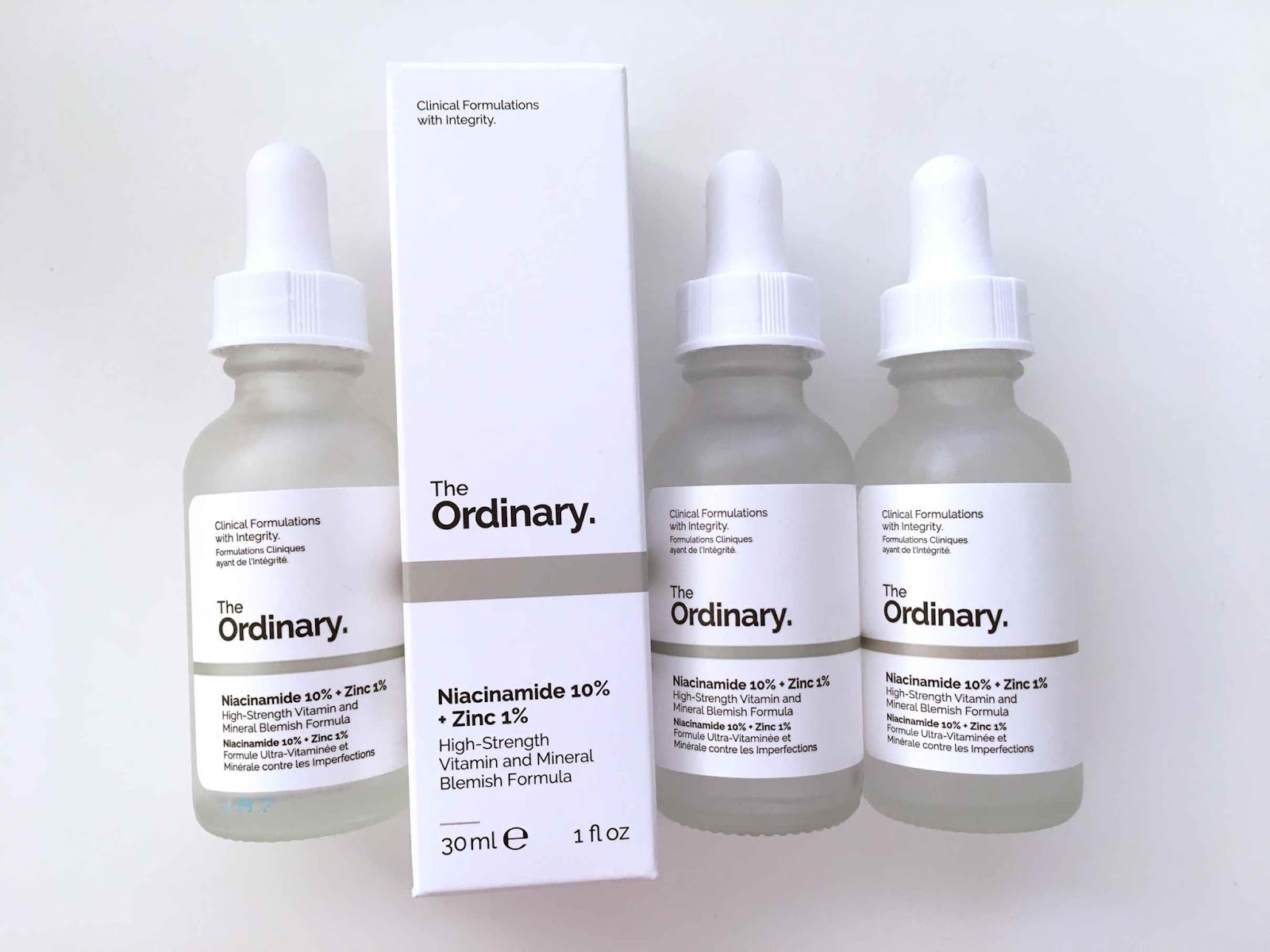Are you looking for an effective skincare ingredient that addresses multiple skin concerns? Ordinary Niacinamide might just be the solution you need. This powerful compound has gained immense popularity in the skincare industry due to its numerous benefits, including oil control, improved skin texture, and enhanced overall radiance. In this article, we will delve into what Ordinary Niacinamide is, how it works, its benefits, and how you can incorporate it into your skincare routine.
Niacinamide, also known as Vitamin B3, is a water-soluble vitamin that plays a crucial role in maintaining healthy skin. It is celebrated for its ability to reduce inflammation, minimize pores, and even out skin tone. As more people become aware of its benefits, the demand for products containing Niacinamide, particularly from brands like The Ordinary, continues to rise.
In this comprehensive guide, we will explore the science behind Niacinamide, share insights on its application, and provide tips on how to choose the right product for your skin type. Join us on this journey to discover how Ordinary Niacinamide can transform your skincare routine.
Table of Contents
- What is Niacinamide?
- Benefits of Niacinamide
- How Niacinamide Works
- Using Ordinary Niacinamide
- Niacinamide for Different Skin Types
- Common Misconceptions
- Scientific Research on Niacinamide
- Conclusion
What is Niacinamide?
Niacinamide, or nicotinamide, is a form of Vitamin B3 that is essential for various biological functions in the body. It is a versatile ingredient in skincare, known for its ability to improve skin barrier function, enhance moisture retention, and reduce the appearance of fine lines and wrinkles. Niacinamide is often found in serums, moisturizers, and even some sunscreens.
Data and Personal Information
| Ingredient | Type | Benefits | Formulation |
|---|---|---|---|
| Niacinamide | Vitamin B3 | Anti-inflammatory, brightening, pore-minimizing | Serum, moisturizer |
Benefits of Niacinamide
Ordinary Niacinamide offers a plethora of benefits that cater to various skin concerns. Here are some of the key advantages:
- Reduces Inflammation: Niacinamide is known for its anti-inflammatory properties, making it ideal for sensitive or acne-prone skin.
- Improves Skin Texture: Regular use can lead to smoother and more refined skin texture.
- Minimizes Pores: Niacinamide can help reduce the appearance of enlarged pores by regulating sebum production.
- Brightens Skin Tone: It helps in fading dark spots and hyperpigmentation, resulting in a more even skin tone.
- Enhances Moisture Retention: Niacinamide aids in strengthening the skin barrier, preventing moisture loss.
How Niacinamide Works
Niacinamide works at the cellular level to improve skin health. It helps to:
- Stimulate collagen production, which is essential for maintaining skin elasticity.
- Regulate oil production, making it beneficial for oily skin types.
- Enhance the skin's natural barrier function, reducing transepidermal water loss.
- Protect the skin from environmental stressors and UV damage.
Using Ordinary Niacinamide
Incorporating Ordinary Niacinamide into your skincare regimen is straightforward. Here are some tips on how to use it effectively:
- Start Slowly: If you're new to Niacinamide, start with a lower concentration (around 5%) and gradually increase it as your skin adjusts.
- Layering: Apply Niacinamide after cleansing and toning but before heavier creams or oils.
- Combine with Other Ingredients: Niacinamide can be safely combined with other active ingredients, such as hyaluronic acid and peptides.
Niacinamide for Different Skin Types
Niacinamide is suitable for all skin types, including:
- Oily Skin: Its oil-regulating properties make it a great choice for those with oily or acne-prone skin.
- Dry Skin: Niacinamide enhances moisture retention, making it beneficial for dry skin types.
- Sensitive Skin: Its anti-inflammatory properties can soothe and calm sensitive skin.
Common Misconceptions
Despite its popularity, there are several misconceptions about Niacinamide:
- It Causes Breakouts: Some believe that Niacinamide can clog pores, but its oil-regulating properties actually help prevent breakouts.
- It Shouldn't be Used with Vitamin C: While some worry about combining Niacinamide with Vitamin C, research shows that they can be used together without issues.
Scientific Research on Niacinamide
Numerous studies have highlighted the efficacy of Niacinamide in skincare. Research published in the Journal of Clinical and Aesthetic Dermatology found that Niacinamide significantly improved skin texture, reduced hyperpigmentation, and minimized pore size after regular use.
Conclusion
In summary, Ordinary Niacinamide is a powerhouse ingredient that can benefit all skin types. Its ability to reduce inflammation, improve skin texture, and enhance moisture retention makes it a must-have in any skincare routine. If you haven't tried Ordinary Niacinamide yet, now is the perfect time to incorporate it and experience its transformative effects.
We encourage you to leave your thoughts in the comments, share this article with friends, and explore more skincare tips on our site. Your journey to healthier skin starts here!
Thank you for reading! We look forward to seeing you again for more insightful content on skincare and wellness.




